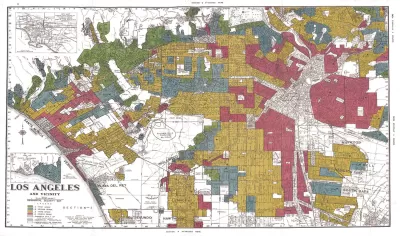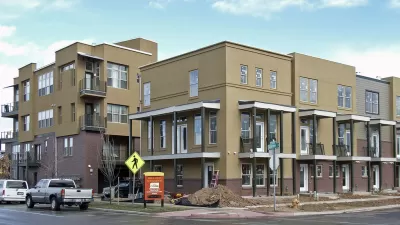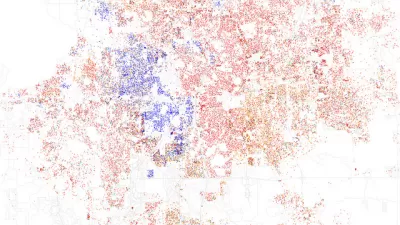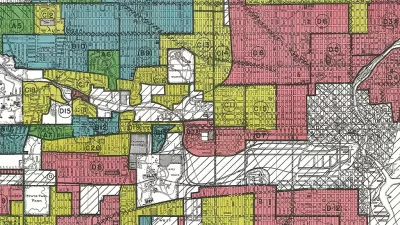In a survey conducted last October, Zillow found that 27 percent of respondents believe they've experienced housing discrimination. National Fair Housing Alliance president Lisa Rice discusses why that is.

Redlining and other forms of de jure discrimination may be a thing of the past, but according to research from Zillow, as many as 68 million Americans may "believe they've been treated differently in their search for housing because of their status in a protected group."
Those results come from the Zillow Housing Aspirations Report survey, conducted in October of 2018 by Zillow and the National Fair Housing Alliance (NFHA). Surveying 10,000 adults in the nation's 20 largest metro areas, the survey points to ongoing struggles with housing discrimination, especially among black people and other people of color, as well as younger people.
These days, NFHA president Lisa Rice said, "The largest category of official fair housing complaints is disability status. That has changed over time. Historically, race-based complaints made up the largest complaint category; it is now the second-largest basis for complaints." She went on, "But it is important to note that only about 28,000 total discrimination complaints get reported each year. With an estimated 68 million believing they have experienced housing discrimination, that means that the vast majority of fair housing violations do not get reported."
Rice discusses some of the reasons certain groups still experience high rates of housing discrimination. She also outlines some of the many forms that discrimination might take. In the end, she says, entrenched residential segregation and the accumulated disadvantages African Americans and Latinos have in the housing finance system will perpetuate these problems until positive steps are taken.
FULL STORY: What Modern-Day Housing Discrimination Looks Like: A Conversation with the National Fair Housing Alliance

Alabama: Trump Terminates Settlements for Black Communities Harmed By Raw Sewage
Trump deemed the landmark civil rights agreement “illegal DEI and environmental justice policy.”

Study: Maui’s Plan to Convert Vacation Rentals to Long-Term Housing Could Cause Nearly $1 Billion Economic Loss
The plan would reduce visitor accommodation by 25% resulting in 1,900 jobs lost.

Planetizen Federal Action Tracker
A weekly monitor of how Trump’s orders and actions are impacting planners and planning in America.

Waymo Gets Permission to Map SF’s Market Street
If allowed to operate on the traffic-restricted street, Waymo’s autonomous taxis would have a leg up over ride-hailing competitors — and counter the city’s efforts to grow bike and pedestrian on the thoroughfare.

Parklet Symposium Highlights the Success of Shared Spaces
Parklets got a boost during the Covid-19 pandemic, when the concept was translated to outdoor dining programs that offered restaurants a lifeline during the shutdown.

Federal Homelessness Agency Places Entire Staff on Leave
The U.S. Interagency Council on Homelessness is the only federal agency dedicated to preventing and ending homelessness.
Urban Design for Planners 1: Software Tools
This six-course series explores essential urban design concepts using open source software and equips planners with the tools they need to participate fully in the urban design process.
Planning for Universal Design
Learn the tools for implementing Universal Design in planning regulations.
Caltrans
Smith Gee Studio
Institute for Housing and Urban Development Studies (IHS)
City of Grandview
Harvard GSD Executive Education
Toledo-Lucas County Plan Commissions
Salt Lake City
NYU Wagner Graduate School of Public Service





























